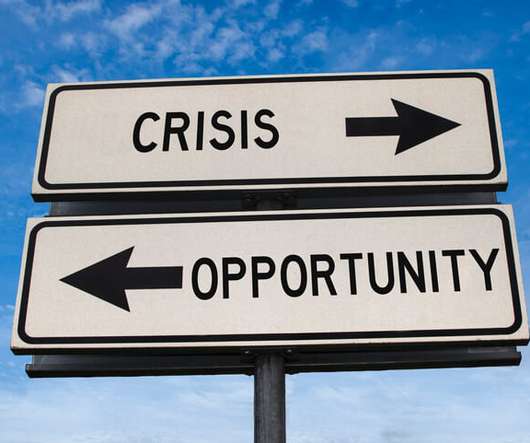10 Crisis Communication Tips Every Business Needs
Prohibition
DECEMBER 17, 2021
When a crisis hits the news, we are reminded of a valuable lesson: that companies and businesses often have to act fast in order to prevent further damage from taking place. Crisis communications is an important aspect to tackle as a business owner. This guide is written to assist in every aspect of crisis communication.












Let's personalize your content